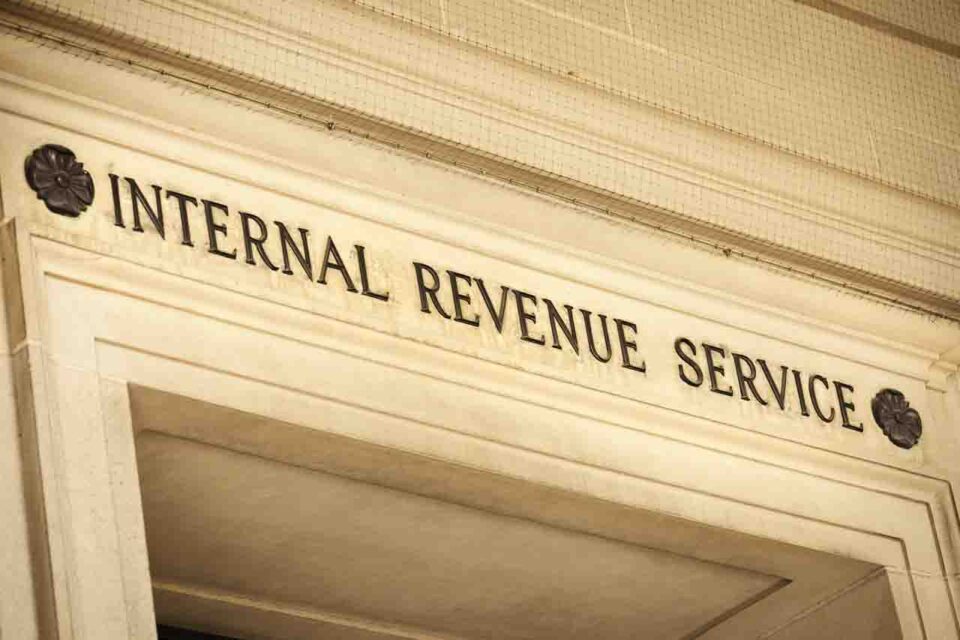Electric vehicle buyers will now be allowed to collect a federal tax credit of $3,750 or $7,500 in the form of a discount at the point of sale on select vehicle models, according to the latest guidance released by the Internal Revenue Service and U.S. Energy Department.
Previously, EV buyers had to wait until they filed their taxes to take advantage of the tax credit, which would simply reduce their tax bill up to $7,500. For example, if someone owed $6,000 in taxes to the U.S. government, the tax bill would be reduced to zero if they purchased a qualified EV during tax year 2023. If they did not owe any taxes and purchased a qualified EV, they would not receive additional funds back from the IRS.
For 2024, as long as buyers meet the income requirements in the Democrats’ $740 billion Inflation Reduction Act, the tax credit would be treated as a discount off of the sale price of the vehicle. To obtain the discount, a purchaser simply would have to choose to “transfer” the credit to the dealer, according to IRS guidance.
The adjusted gross income limits for EV buyers in 2024 is $300,000 for married couples filing jointly, $225,000 for heads of households and $150,000 for all other tax filers.
A buyer could also decide not to transfer the credit and wait until they file their tax return to collect it, which is the same way the process was handled in 2023.
Auto dealers will be administering the point of sale instant EV rebate program and the IRS is not requiring them to verify an EV purchasers’ income. Rather, buyers are expected to simply attest that they meet the requirements.
![]()

Please think about donating below.


